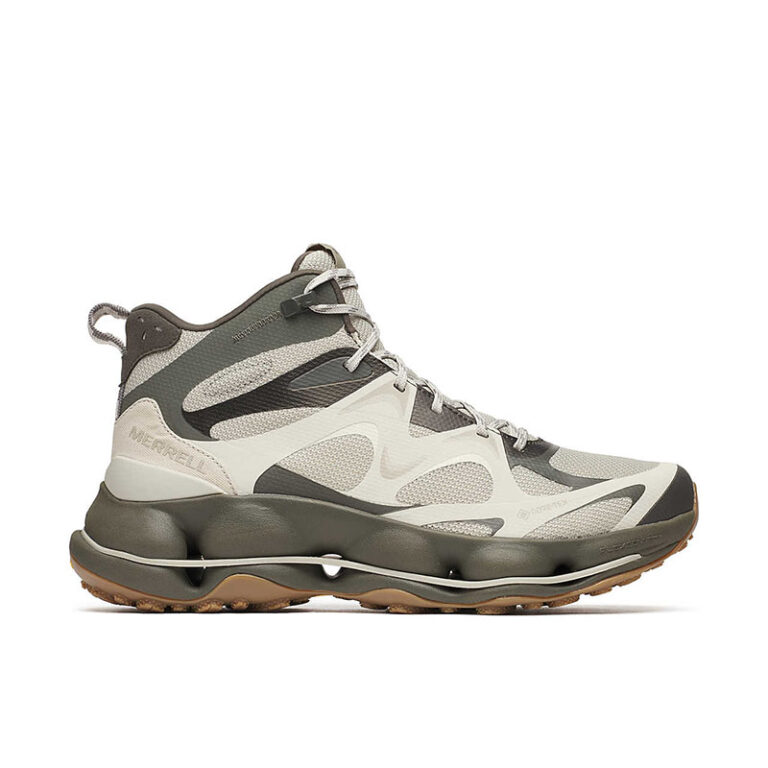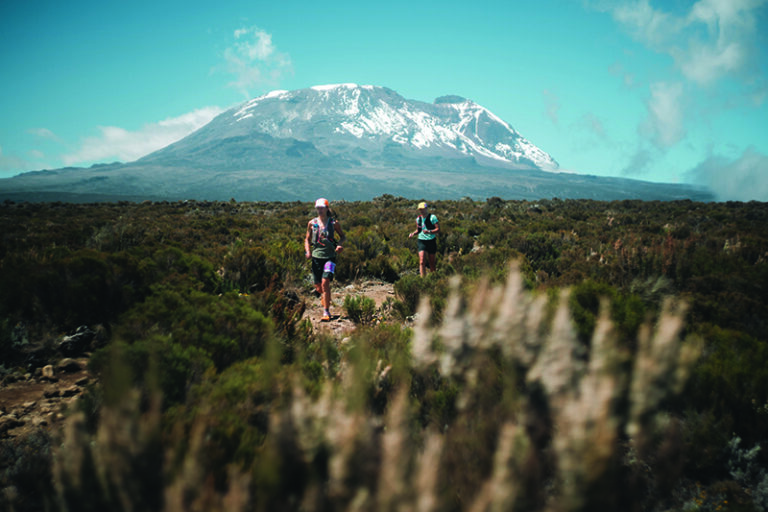It’s a temperate Saturday on Memorial Day weekend when we push the raft into the Spokane River at the put-in on Water Street in Peaceful Valley. My friends and I purchased a float with the Spokane Riverkeeper at a nonprofit auction over a year ago and are taking advantage of a long weekend, a beautiful spring, and the swollen, rapidly flowing river to spend a few hours with Spokane Riverkeeper Jerry White.
Having grown up in Spokane, I remember the days when the river was perceived as a dangerous purveyor of toxins to be steered clear of, as opposed to a beautiful natural resource deserving of protection. Perhaps no program in Spokane has done more to shore up community concern and interest in the health of the Spokane River than the Riverkeeper, which falls under the auspice of the Center for Justice. And there couldn’t be a better ambassador for the river than White, whose easy-going nature belies a potent depth of knowledge about the geography, botany, wildlife, and history of the river, including the specific ways in which the river is threatened by different human and industrial activities.
Despite his understanding of the intricacies of the ways in which PCBs pose hazards to native species and the ins and outs of solid waste regulation as it affects the river, a float with White feels less like an inundation of terrifying information about hazards to the river and more like living a snippet of a BBC nature documentary. We float calmly a couple hundred feet below the West Central trails I run regularly, but for the abundance of flora and fauna and the peaceful river vistas, we might as well be hundreds of miles away.
White’s background as a middle school teacher emerges as he points out the historical sites along the way or chooses a lunch spot in front of the nesting grounds of hundreds of cliff swallows. His identity as the father of two young adult boys lends his educational moments a subtle and slightly self-deprecating humor that allows him to punctuate the whole trip with interesting factoids without seeming overbearing.
Traveling the river with White is a little like walking through high school with the most popular kid in school; trail runners and disc golfers on shore wave as the boat passes by. White is full of stories about his personal and professional experience on the river and seems to know everyone involved with river education or advocacy. Halfway through the trip, two kayakers exclaim, “Hey, it’s the Riverkeeper!” as they pass us. White is jovial and amiable in response, though he takes his role (with its slightly medieval overtones) seriously, pulling the boat over at one point to educate someone on the riverbank about fishing regulations and picking up any trash he finds any time we go on shore.
White’s primary motivation for being the embodiment of river protection is that he loves the Spokane river. A fisherman at heart, White sees a clean and healthy river as vital to a hobby he enjoys and a watershed that he’s passionate about. There is true joy in him as he points out a Merganser mother shepherding a row of tiny ducklings or a porcupine nesting in a tree. Further, he has enough perspective and history with the river to be able to point out things that are going well in the world of river advocacy and areas where more work is needed. He conveys a hopefulness for the future of the river that helps the rest of the community embrace its role in a healthy river.
For all the information there is available about the river, there is no substitute for spending the better part of a day in it. The four hours we spend flowing downstream feel like a suspension in urban time – what White refers to as “river time,” a moment apart from the rest of the city, though we could not be more immersed in it. And one couldn’t ask for a more fitting guide than Spokane’s own Riverkeeper. // (Jamie Borgan)
Jamie Borgan is a River Rambles guest columnist this month. She wrote about urban farmers and gardeners in May.













